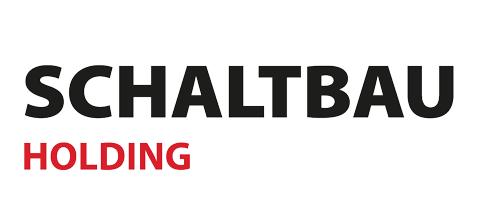The future of short-distance transportation: autonomous driving – innovative door systems for people movers and similar vehicles
The increasing digitalisation of transportation systems offers enormous opportunities for society as a whole. Autonomous driving is seen by experts as one of the megatrends that will impact the automotive industry in the coming years. With its innovative door systems, Bode is paving the way for the broad use of autonomous shuttle buses.
More and more people are travelling by bus and train. According to the Federal Statistical Office, the number of trips taken with regular public transport services in Germany in 2018 rose by 0.6 per cent year-on-year to a record level of around 11.6 billion. On average, almost 32 million trips per day were recorded nationwide in local and long-distance transportation.1 The changing need for mobility in public, freight and private transportation systems calls for innovative and connected strategies, especially in the context of growing urbanisation, driven by a strong economic upswing and the accompanying growth in the number of working people who want to be mobile at all times.
However, young generation-Z city people no longer attach a great deal of importance to owning a car, as shown by numerous studies such as that conducted by the Center of Automotive Management.2 Against this background, the potential for connected, convenient mobility concepts is growing rapidly. In particular, autonomous and intelligently navigating all-electric shuttle buses for up to 15 passengers, so-called people movers, are set to shape the future of passenger transportation. The benefits are enormous, both for passengers and for climate protection. With people movers, digital and mobile ticketing and boarding systems as well as 24/7 availability by the minute will soon become reality.
In terms of eco-friendliness, researchers from the Lawrence Berkeley National Lab have found that the greenhouse gases currently caused by vehicle traffic could be reduced by up to 94 per cent by the use of autonomous vehicles.3 Current levels of fuel consumption could be cut to almost zero through the use of autonomous cars with all-electric drivetrains, thus making a considerable contribution towards protecting the climate.
The demand for automated and electrified minibuses is likely to increase sharply throughout the world in the coming years, especially in cities. With the development and production of innovative boarding systems for autonomous shuttle buses, Bode wants to play a pioneering role together with the automotive supplier Brose, the global market leader in developing mechatronic systems for passenger car doors. An innovative sensor system can digitally control access to the vehicle, detect obstacles in the door area and react accordingly. The focus is always on passenger safety and a simple, fast, comfortable driving experience. As a leading specialist for innovative door systems for both road and railway vehicles, Bode is leveraging this cooperation to help manufacturers establish new mobility services.
True to its slogan “SMART SOLUTIONS FOR POWER AND MOBILITY“, as a major technology partner, the Schaltbau Group ensures that smart e-mobility concepts can be implemented efficiently, quickly and in line with the specific needs of its customers.
1Federal Office of Statistics, provisional figures, April 2019
2Prof. Dr. Stefan Bratzel, study: Young generation and the future mobility, Center of Automotive Management, 2018
3Jeffery Greenblatt and Samveg Saxena, Lawrence Berkeley National Laboratory


